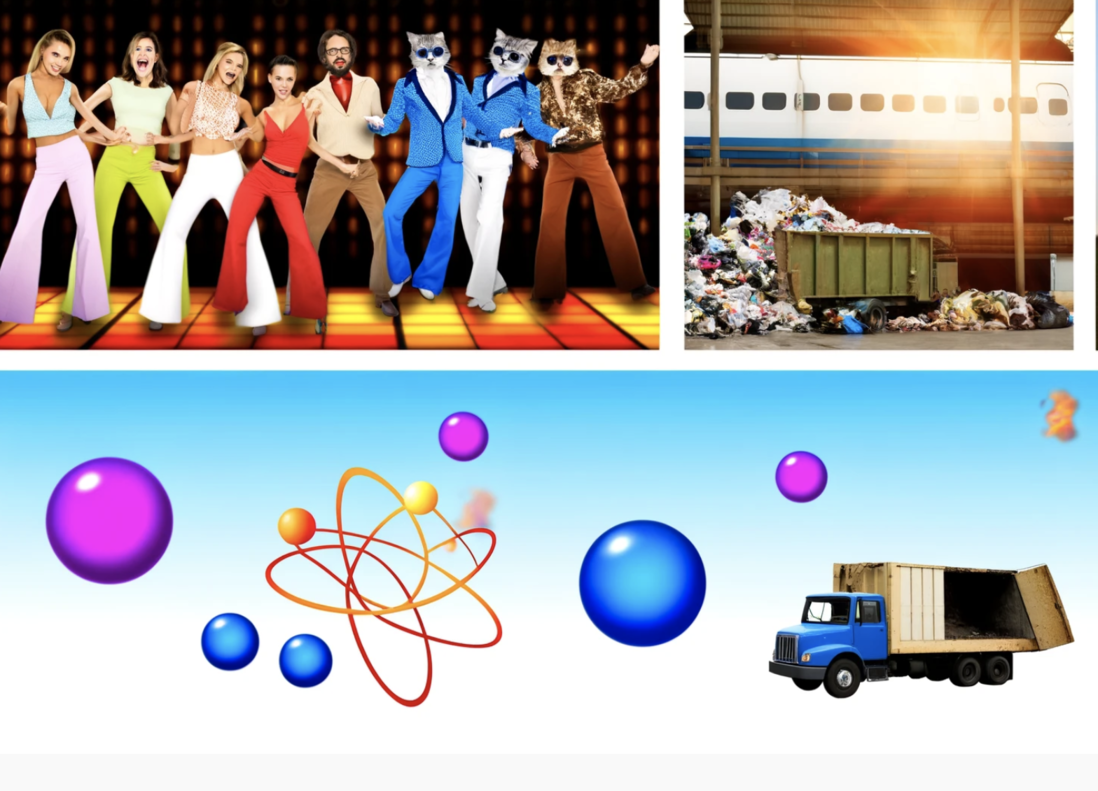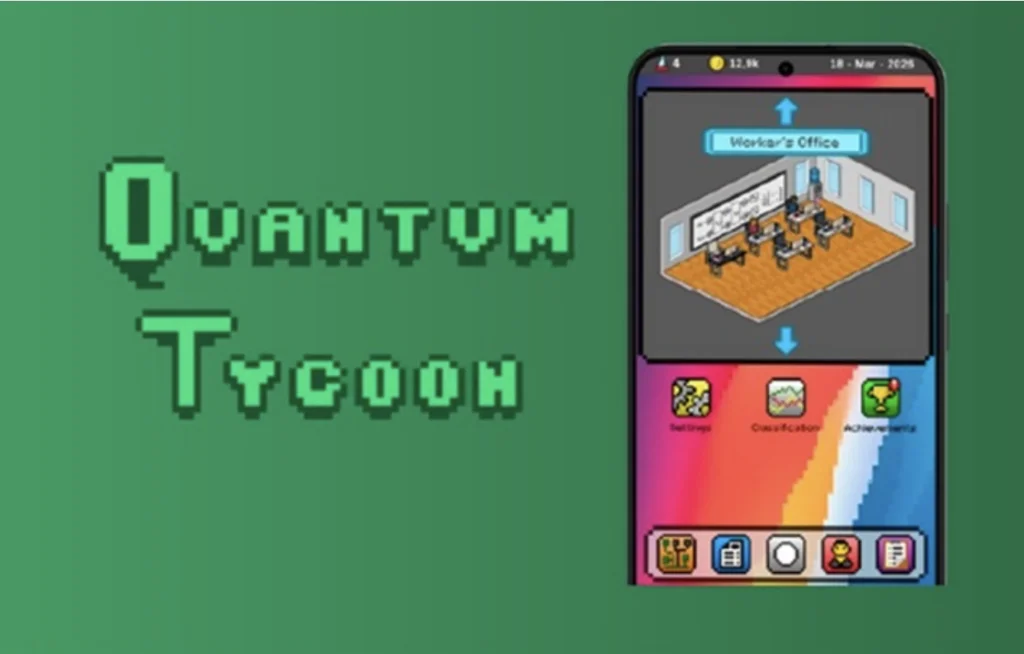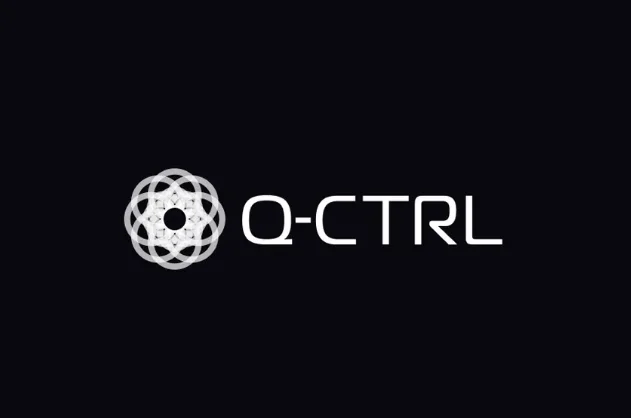Insider Brief
- Quantum computers are already slated to handle several well-defined use cases.
- Quantum use cases are just tasks where quantum computers can theoretically outperform — in some cases, dramatically outperform — classical computers.
- While most are well known, some use cases and, more specifically, how these tasks will one day affect the lives of mass consumer, may be surprising.
Quantum computers, once fully realized, are designed for special uses, typically called — for reasons that escape me — “use cases.” These use cases tend to rely on quantum computers’ unique ability to tackle complex calculations that classical computers and even supercomputers struggle to complete.
In other words, despite the time honored tradition to hang the word “quantum” on every conceivable new product, it’s a good bet that you won’t use a quantum computer to devise a tip for that rather uninspired burrito combo meal, or tap into the quantum realm to browse the rather inspired collection of stories and shameless plugs available on The Quantum Insider.
However if quantum computers continue to develop according to the timelines revealed in many of the recent quantum computing roadmaps, they may soon end up touching our lives in both expected and unexpected ways. We likely have heard, for example, that quantum computers — which are powered by quantum bits, or qubits, rather than classical bits — are well suited for factorization and simulation problems. This makes quantum approaches better at certain tasks, such as deciphering cryptographic challenges and designing molecules for health interventions. On the farther reaches of the spectrum of what’s quantum possible, the potential for quantum computers to process data and learn from it faster than classical machine learning algorithms make these devices prime candidates for new approaches to artificial intelligence. (Whether quantum AI will be able to help me make computer-generated graphics for my stories — see image above — remain to be seen.)

Lately, scientists are exploring how the unique computational properties of quantum mechanics could help us in surprising ways. Using the dozens of quantum computer use cases listed in The Quantum Insider’s Market Intelligence Platform, here are four surprising — yet practical — ways we might one day use quantum computers to help us in everything from sanitation to aviation. Not exactly, quantum tip calculators, but still.
Four Surprising (Potential) Uses of Quantum Computers
Music With Qubits And DisCoCats
Scientists are exploring a range of ways we can use quantum computers for music, especially in generating and music generation and classification. Quantum Natural Language Processing ideas can be applied to these musical intelligence, according to these scientists. Not to be overlooked, our exploration into quantum music may also include the Distributional Compositional Categorical — or, are you ready for it? DisCoCat — modelling framework. Quantinuum’s Chief Scientist Bob Coecke is one of the pioneers in using quantum computing for musical explorations.
Higgs Boson Detection
The detection of Higgs bosons, fundamental particles in particle physics, has been a challenging task for scientists analyzing data from Hadron Colliders. In a bid to separate the signal of Higgs bosons from background noise in these experiments, researchers are turning to quantum computing technology to enhance their analysis and research capabilities. Quantum annealing, might just be the answer. Quantum annealers can streamline complex calculations and provide solutions to optimization problems more efficiently than classical computing methods. Researchers have been able to to demonstrate this potential through toy demonstrations, highlighting its ability to sift through vast amounts of collider data to detect Higgs signals more accurately. D-Wave Systems is one of the leaders in this research — and in quantum annealing in general.
Taking Out The Quantum Trash
Don’t trash quantum computers. They may help you take out the trash one day. All kidding aside, trash collection is an absolutely vital task for the creation of smart cities — and the more efficient we can be at designing trash collection routes, the more clean our environment will be, in more ways than one. Our friends at D-Wave, along with Mitsubishi and Goorvenauts, are again relying on quantum annealing technology, to waste collection optimization. The researchers are using quantum computers to design efficient routes for collecting waste from buildings by leveraging various types of information, leaning in on quantum’s potential in transport and logistical optimization tasks.
Quantum Cargo
The next time you complain about checking your bags, you may have to blame quantum computers. When your airfares come down, you may have to praise, you guessed it, quantum computers. According to recent research, quantum annealing and other quantum optimization algorithms are being applied to aircraft loading to help airlines and aerospace companies maximize revenue while minimizing operating costs. This technology assists in selecting the optimal payloads from available options and determining where to place that cargo and baggage on an aircraft. Quantum algorithms such as Quantum Approximate Optimization Algorithm (QAOA) are being enlisted help to solve what turns out to be highly complex logistical challenges more efficiently. Airbus — which has a whole fleet of quantum use cases in the database — is conducting these initial demonstrations to showcase how quantum computing’s Noisy Intermediate-Scale Quantum (NISQ) systems and — one day — Fault-Tolerant Quantum Computers (FTQC) could streamline these operations.
Subscribers to The Quantum Insider’s Market Intelligence Platform can access the complete list of quantum use cases, along with thousands of other data points that are helping organizations deeply understand the complex quantum technology market.












.jpg)

